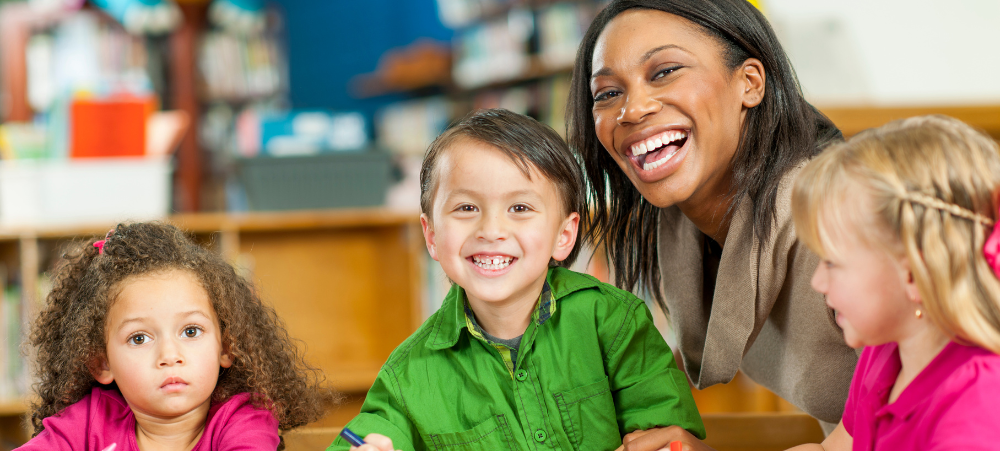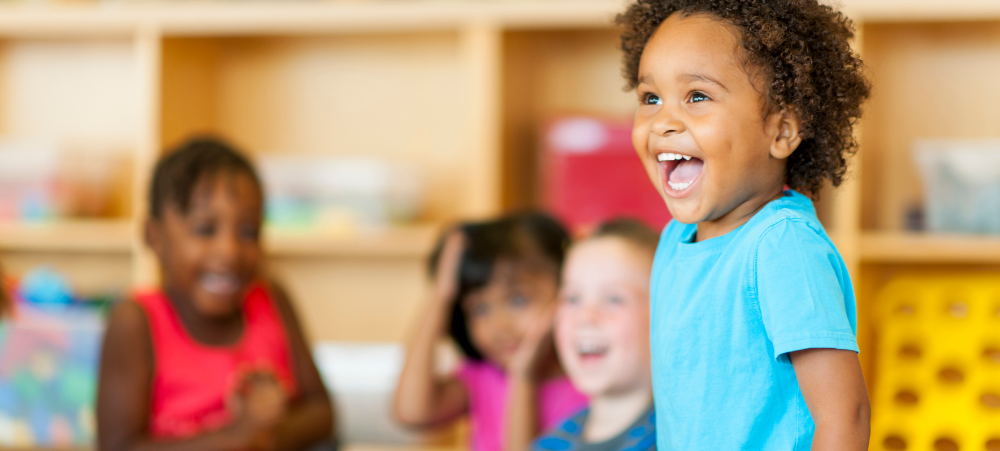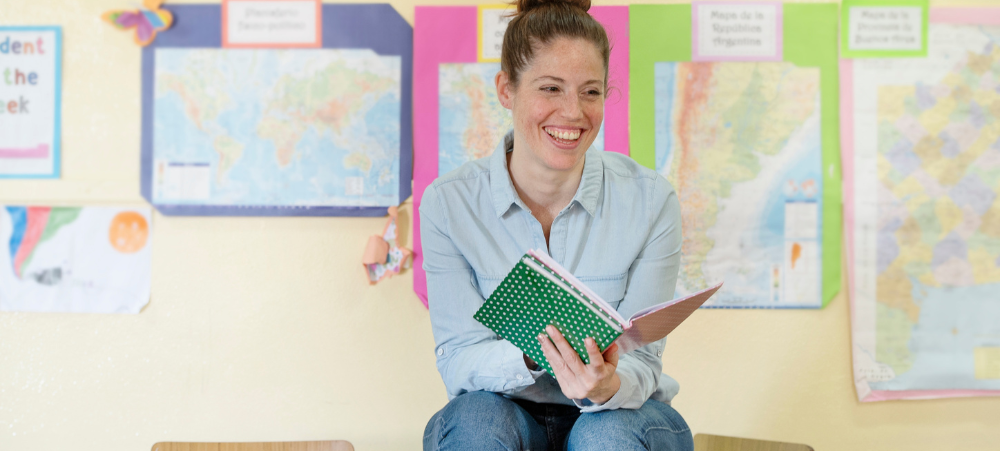As the school year winds down across South Africa, parents often reflect on their child’s growth while preparing for the next phase of their learning journey. Transitions – from one class to another, or from preschool to Grade R – can bring a mix of excitement, nervousness, and uncertainty for young children.
According to Ursula Assis, Country Director of Dibber International Preschools South Africa, helping children through these changes requires a balance of stability, empathy, and celebration.
“Transitions are a natural part of growing up, and when handled with patience and consistency, they help children build confidence and adaptability,” says Assis. “At Dibber, we guide families to embrace change as an opportunity for growth rather than disruption.”
Here are six simple yet effective ways parents and caregivers can support their children as the academic Year comes to a close:
1. Keep Routines Steady
Children thrive on predictability, especially when everything else feels uncertain. Maintaining regular mealtimes, nap schedules, and bedtime routines provides a sense of security. “Simple routines like morning walks, watering the garden, or reading before bed offer structure and reassurance,” says Assis.
2. Celebrate the Season
The South African summer brings sunshine, holidays, and togetherness. Families can mark the transition from school to vacation with meaningful rituals, such as a braai, a visit to grandparents, or a picnic in the park. Talking about upcoming holidays helps children connect change with something positive and familiar.
3. Reflect on the Year Together
Encouraging reflection builds emotional awareness. Parents can ask gentle questions such as, “What was your favourite part of school?” or “What new things did you learn?” Creating a scrapbook or drawing favourite school memories makes this reflection visual and fun. “Acknowledging how far children have come fosters pride and resilience,” adds Assis.
4. Show Appreciation for Teachers
A simple act of gratitude – like a handmade card, drawing, or small bunch of flowers -can mean the world to educators. “Expressing thanks teaches children empathy and appreciation,” says Assis. “It also strengthens the bond between families and educators, which is central to a child’s sense of belonging.”
5. Celebrate Achievements, Big and Small
Recognising milestones, whether learning to count, tie shoelaces, or make a new friend, helps children feel capable and confident. Parents can create a ‘Proud Board’ at home, displaying drawings, photos, or small notes celebrating the Year’s successes.
6. Partner with Teachers for a Smooth Transition
Before term-end, parents are encouraged to connect with teachers for feedback on both social and academic progress. “Teachers can highlight areas to support over the holidays,” says Assis. “This partnership ensures continuity and prepares children emotionally and developmentally for the next stage.”
As the Year concludes, Dibber reminds parents that transitions are not just about change; they’re about growth, reflection, and connection.
“When families slow down and engage meaningfully in this process,” concludes Assis, “children not only adjust more easily but carry forward the confidence and curiosity they need for lifelong learning.”
- Helping Children Navigate Change: Dibber Shares Guidance for Smooth School Transitions - November 10, 2025
- What Parents Should Look for in a Preschool: The Power of Play-Based Learning - November 1, 2025
- Dibber Launches ‘Dibber Montessori’ in South Africa, Welcoming Five New Schools in October and Three More in 2026 - October 28, 2025





